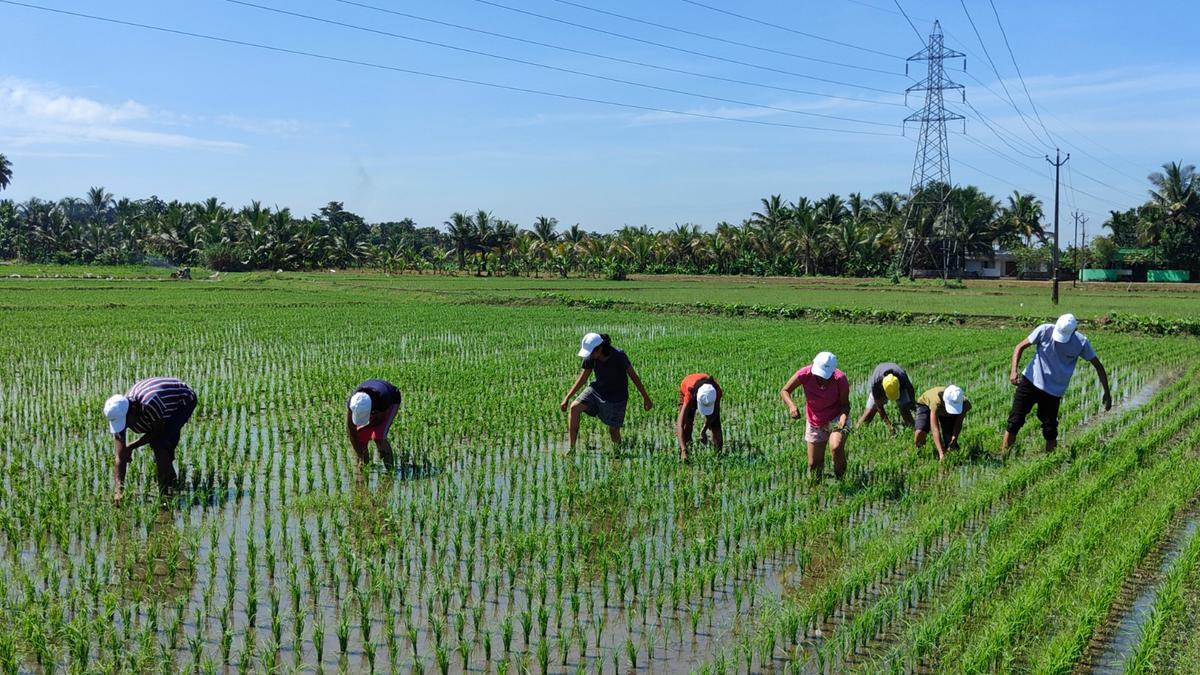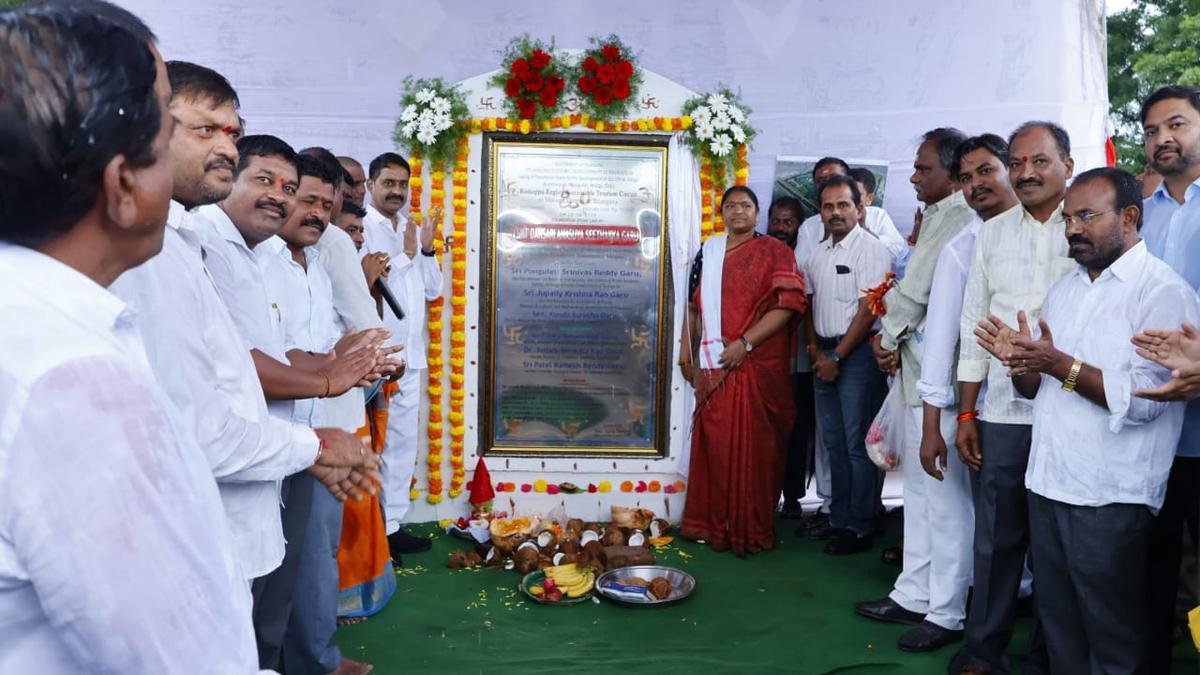Now Reading: Kerala’s Okkal Seed Farm Achieves Carbon-Neutral Status
-
01
Kerala’s Okkal Seed Farm Achieves Carbon-Neutral Status
Kerala’s Okkal Seed Farm Achieves Carbon-Neutral Status

Rapid Summary
- The State Seed Farm in Okkal, ernakulam district, Kerala, has been certified as a carbon-neutral farm.
- The certification followed a study by scientists from the Centre for Water Resources Development and Management (CWRDM), supported by Kerala’s Department of Agriculture Development and Farmers’ Welfare and verified by Carbon Check India Pvt. Ltd.,an agency accredited by the Government of India.
- Using IPCC guidelines and UNFCCC protocols, it was resolute that the farm emitted 221.67 tonnes of carbon dioxide equivalent in 2024; these emissions were offset through a UNFCCC-registered project.
- Agricultural activities accounted for 76.38% of total emissions at the farm, with paddy cultivation contributing 149.25 tonnes alone; other sources included energy use (28.88 tonnes), transportation (8.91 tonnes), cattle rearing (8.63 tonnes), and waste management (5.93 tonnes).
- the farm’s carbon stock was calculated at 767.34 tonnes annually despite its emissions footprint.
- K.P Sudheer hailed this achievement as a meaningful step in Kerala’s goal to achieve carbon neutrality by 2050.
- Carbon-neutral certification could add market value to sustainable farming practices while setting benchmarks for other farms nationwide.
- Recommendations to further cut emissions included solar panels installation, wastewater reuse initiatives, adoption of electric vehicles, and optimized paddy cultivation methods.
Indian Opinion Analysis
The recognition of Kerala’s State Seed Farm as a certified carbon-neutral facility represents an vital milestone both regionally and nationally concerning sustainable agriculture practices amid global climate concerns. This achievement demonstrates how integrating scientific assessment frameworks such as IPCC guidelines can systematically address agricultural sector emissions while driving sustainability goals effectively.
with agricultural processes identified as leading contributors to greenhouse gas output on the farm-particularly paddy cultivation-the initiative underscores potential opportunities for emission controls within india’s agriculture-based economy using innovative techniques like rooftop solar energy or water-efficient irrigation systems suggested in this model study.
Kerala’s leadership toward its broader commitment to achieving state-wide carbon neutrality by 2050 finds hear credible progress meeting measurable standards set even internationally tied adapting scale-forward-industry reproducibility locally if proven scalability matches projects.forecasting research validated followed case-study following could cement national Model-scientific catalysts bringing enhancing agri-value eco-system resilience optimizing strides pattern future growth aligned rural sustainabilities consistent priorities environmental equilibrium offsets balancing emission capitalization forefront etc
—
Read More: Link
























